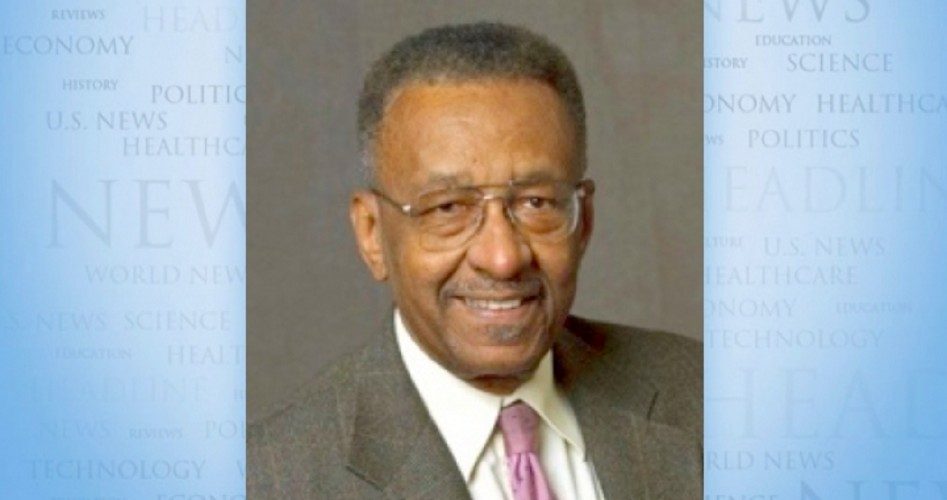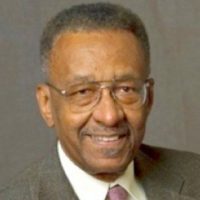
Sometimes it seems as if every other word from the mouths of academicians is “inclusiveness” or “diversity.” How sincere and truthful are these people about their “inclusiveness and diversity” religion?
Suppose a group of engineering students do not want to include black or Mexican students in their study group. Should they be permitted to have freedom of association or restrained from freely associating? The true test of one’s commitment to freedom of association does not come when he permits people to be free to associate in those voluntary ways he deems appropriate. The true test comes when he permits people to associate in ways he deems offensive. I suspect that most academics believe that people should be permitted to associate only in ways they deem appropriate. This is no less than totalitarianism.
What about inclusiveness in dating? Would academics criticize people who expressed a desire to date only people of their own race? Would they criticize people who openly refused to date someone of the same sex? Would the “inclusiveness and diversity” people condemn or sanction same-race marriages? In other words, what limits would they impose to bring about inclusiveness and diversity?
Some might argue that when it comes to marriage, non-inclusiveness and lack of diversity are of little social consequence. That claim is pure nonsense. When there is assortative (non-random) mate selection, it heightens whatever group differences there are in the population. When high-IQ people marry other high-IQ people and when high-income people marry other high-income people, this non-inclusiveness in mate selection enhances the inequality in the population’s intelligence and income distribution. In other words, there would be greater income equality if high-income people mated with low-income people. And to the extent that there is a racial correlation between these characteristics, there would be greater equality if white people mated with black people. But I imagine that most people, even academics, would be horrified by the suggestion of a mandate to require non-assortative mating.
What about diversity in academia? It’s not at all uncommon to watch a college basketball game and see that 90 to 100 percent of the starting five players are black. Most of a team’s white players are sidelined and warming the bench. College basketball — and, for that matter, college football — looks nothing like America. The Institute for Diversity and Ethics in Sport’s “2015 Racial and Gender Report Card: College Sport” gives us the numbers. Blacks make up about 14 percent of the college population, but in Division I, 55.6 percent of basketball players and 43.6 percent of football players are black. Whites are 27 percent and 43.1 percent, respectively. One can only look upon Asians with profound sadness, for they are only 0.4 percent of college basketball players and 2 percent of football players. Latinos have been boxed out, as well. The lack of diversity, inclusiveness and proportionality in professional basketball and football is much worse. Blacks are about 74 percent of NBA players and about 69 percent of NFL players. This diversity injustice is aggravated by the fact that among the highest-paid players, blacks represent bigger percentages.
One can understand the lack of concern for diversity in professional sports, where it’s just about money. But one is left flummoxed by the lack of diversity in college sports. After all, you can’t listen to any college president or provost speak for more than a few minutes without hearing the word “diversity” or “inclusiveness” drop from his lips. Colleges spend hundreds of millions of dollars on diversity. MIT has a manager of diversity recruitment; Toledo University has an associate dean of diversity; Harvard, Texas A&M, the University of Virginia, the University of California, Berkeley and many others boast of officers, deans, vice presidents and perhaps ministers of diversity. But in what appears to be the height of deviousness and deceit, these administrators allow sports, the most visible part of most colleges, to be the least diverse and least inclusive. One has to wonder just how serious academicians are about diversity and inclusion.
Walter E. Williams is a professor of economics at George Mason University. To find out more about Walter E. Williams and read features by other Creators Syndicate writers and cartoonists, visit the Creators Syndicate webpage at www.creators.com.
COPYRIGHT 2016 CREATORS.COM




